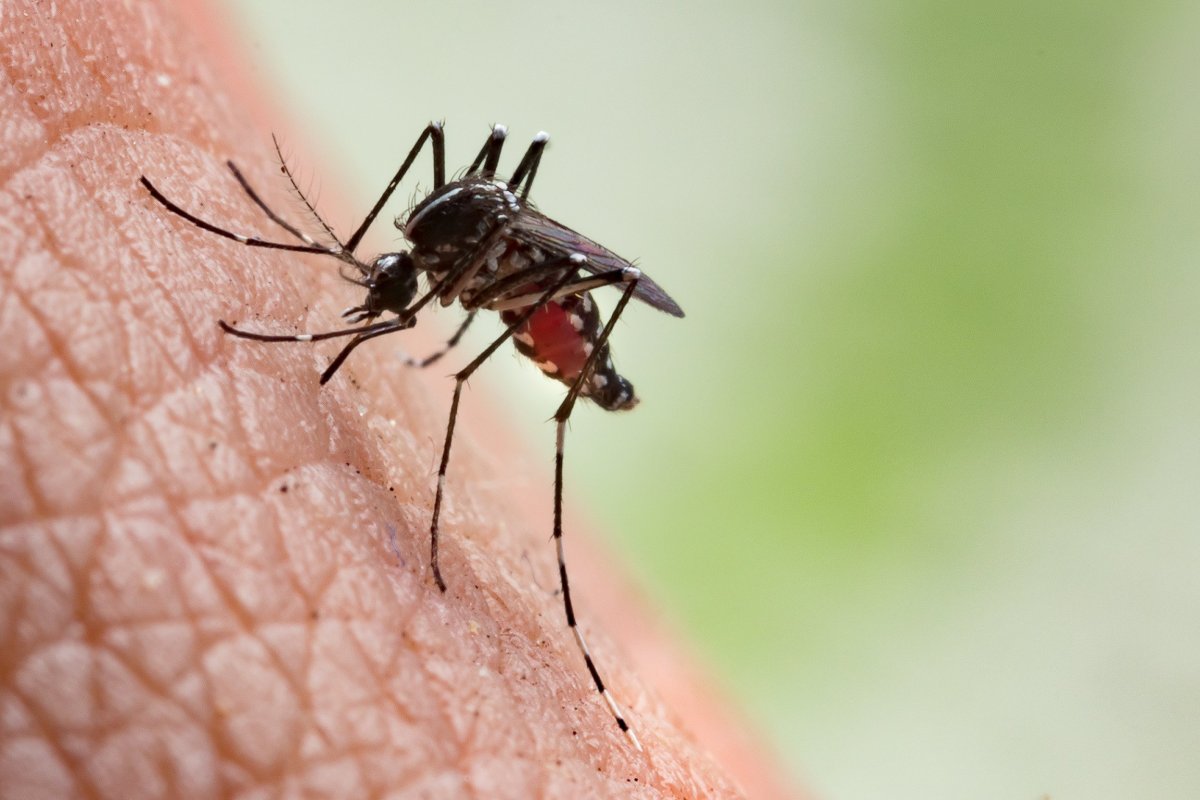Scientists in Australia have wiped out 80 percent of a disease-carrying mosquito in trial areas of the northeastern state of Queensland, in an experiment to crack down on what officials have called "one of the world's most dangerous pests."
Researchers reared and released millions of sterile male Aedes aegypti mosquitoes to suppress the population, Australia's Commonwealth Scientific and Industrial Research Organisation (CSIRO) reported Tuesday.
"The invasive Aedes aegypti mosquito is one of the world's most dangerous pests, capable of spreading devastating diseases like dengue, Zika and chikungunya and responsible for infecting millions of people with disease around the world each year," CSIRO director of health and biosecurity Rob Grenfell said in the organization's report. A warmer planet and increased urbanization are helping the mosquitoes to thrive, he added.
Dengue fever is a potentially deadly tropical disease that causes symptoms including severe muscle and joint pain, vomiting and skin rash. Zika, which often causes mild symptoms in adults, has been linked to serious birth defects like microcephaly. This virus became notorious after an epidemic swept the Americas from 2015 to 2016. Although no local mosquito-borne Zika virus transmissions have been reported to the CDC in the continental U.S. this year, it continues to plague Central and South America.
Female Aedes aegypti mosquitoes, which can spread viruses like Zika when they bite humans, can't reproduce properly with sterile males. Instead, they lay eggs that fail to hatch. With enough sterile males in an area, the population may eventually collapse.
"It's an exotic mosquito, we want to get rid of it. It's not an important part of the environment, and it's a major spreader of diseases around the world," CSIRO's Paul De Barro told the Australian Associated Press.

Scientists at James Cook University aimed to rear some 20 million mosquitoes. The team used technology developed by Alphabet Inc.–affiliated Verily to sift through these critters and release the males, who were sterilized using a natural bacteria called Wolbachia. The team released about 3 million males from November 2017 to June of this year in certain areas of Australia's Cassowary Coast.
"We allowed for the possibility of deaths during the process, as well as the need to sift out the female half of the population," Kyran Staunton from James Cook University said in the CSIRO report.
The team compared the populations of Aedes aegypti in the trial locations and various control zones. "We're very pleased to see strong suppression of these dangerous biting female Aedes aegypti mosquitoes," Verily's Nigel Snoad added.
The researchers think their success could help other areas where this dangerous creature flies. Beyond Australia, Verily's "Debug" project is also spreading sterile mosquitoes in Fresno, California. "We learned a lot from collaborating on this first tropical trial and we're excited to see how this approach might be applied in other regions where Aedes aegypti poses a threat to life and health," Staunton said.
"I don't think we will ever be without [Aedes aegypti]—but we will reach a time when it is not the problem that it is today and far fewer people will suffer from dengue, Zika and Chikungunya," De Barro told Newsweek.
This article has been updated to include further comment from Paul De Barro
Uncommon Knowledge
Newsweek is committed to challenging conventional wisdom and finding connections in the search for common ground.
Newsweek is committed to challenging conventional wisdom and finding connections in the search for common ground.
About the writer
Katherine Hignett is a reporter based in London. She currently covers current affairs, health and science. Prior to joining Newsweek ... Read more
To read how Newsweek uses AI as a newsroom tool, Click here.








